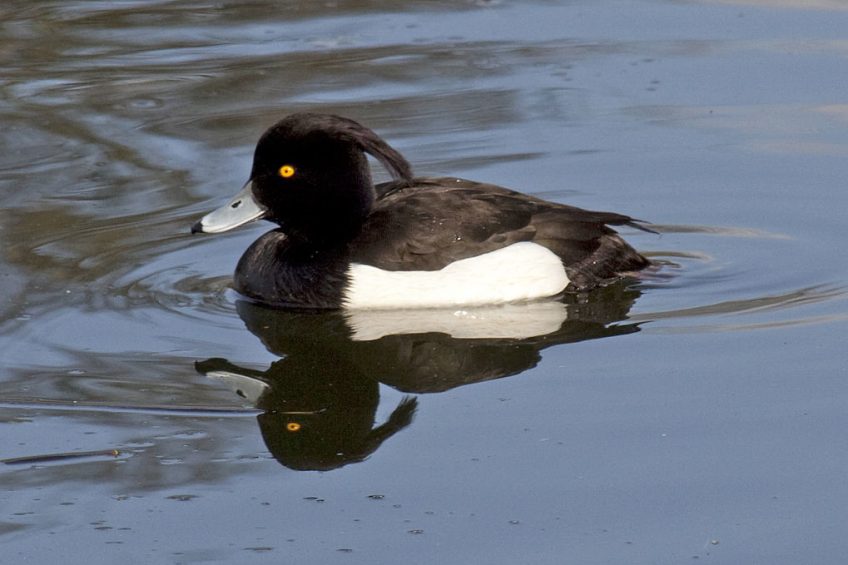UK detects more avian flu as Dutch get to grips with H5N6

3 more highly pathogenic H5N6 outbreaks in separate locations in the UK have been reported to the World Organisation for Animal Health (OIE) this week.
All of the detections involved dead wild birds and the UK has now reported 6 cases of the H5N6 virus since it was first discovered at Abbotsbury on the Dorset coast in the middle of January.
The latest reported cases were in 2 mute swans found in a park in London; a tufted duck in a park in Wakefield, West Yorkshire and 8 mallards and a moorhen in Rutland in the East Midlands.
The birds were all found on 29 January and tests show the virus is a re-assortment between H5N8 that has circulated across Europe and European N6 viruses.
Several poultry farms in the Netherlands infected
Research from Wageningen University, the Netherlands– to be published later this Spring in the Emerging Infectious Diseases Journal, says that its genetic study revealed that the H5N6 virus is related to the H5N8 strain that infected several poultry farms in the Netherlands and caused major problems across Europe. It also killed many wild birds.
New NA gene
The H5N8 virus obtained a new NA gene through the exchange of genetic material with other viruses, resulting in the subtype H5N6.
Researchers said different strains of bird flu often exchange genetic material and this re-assortment process probably took place in the breeding grounds of Siberia, where many wild birds come together, after which the new H5N6 virus was carried to the Netherlands, and to the UK and Germany, by migrating flocks.












